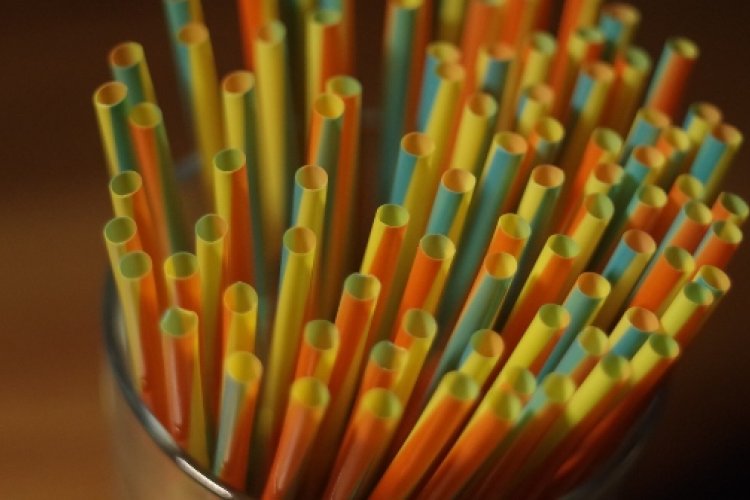Beicology: Plastic in your Poo and More Beijing Plastic News
How bad is the smog these days, really? Who is keeping tabs on the state of our drinking water? What has the government done about carbon emissions lately? In Beicology we turn our focus toward environmental news in the capital.
Environmentalists find their work plagued by plastics more than any other material. Readers will know that Beijing has been waging war on the single-use plastics that clog up the city’s landfills. But the story doesn’t end there. This week in Beicology, we’re updating you on the latest studies and scientific commentary on plastics to come out of Beijing.
Plastic in your poo? Probably.
Compared to the plastic bags and wrappers we see every day, microplastics – and their even tinier cousins, nanoplastics – are a less visible but equally daunting problem in the modern world. We’ve long known that tiny fragments of plastic have beleaguered the world’s riverways, and waterways, but in 2019, Austrian scientists were able to detect such shards in human feces.
Now, a study has confirmed that, if you live (and drink water) in Beijing, then there’s a good chance that you, too, have plasticky poo. The study out of Peking University looked into the waste of Beijing men and found microplastics in 95 percent of their stool samples.
By tracking the men’s food and beverage intake habits, the scientists were able to point a finger at a major culprit – packaged water, the consumption of which, they concluded, is moderately correlated with “microplastic abundance in feces.”
What does this mean for your health? Unfortunately, scientists a have pretty much no idea. Much more study on the effects that microplastics have in the human body are needed. But nonetheless, the findings are a wakeup call for both medical professionals and environmentalists.
China’s plastic waste import ban hailed as a boon for global plastic impact mitigation
Since China’s ban on plastic waste imports in 2017, the world has been struggling to find alternative ways to deal with the waste they used to export. But a recent quantitative study suggests that the ban may have already had a positive effect on sustainability – at least in some regards.
By analyzing United Nation trade statistics, the scholars concluded that, although the ban led to a temporary negative impact on both global warming and landfill sizes around the world, it may have effectively reduced the impact that plastic waste management has on the production of fine particles, the consumption of water, freshwater ecotoxicity, and human carcinogenic toxicity.
However, the authors note that if developed countries fail to reinvigorate their own recycling systems in the coming years and instead turn to other developing countries to take their waste, then those trends could be reversed.
CAAS scientists connect BPA to animal feed packaging
Bisphenol A (BPA) is a chemical used in many plastic products that, when humans are exposed, can severely impact the body’s hormones. For a while, we’ve known that humans are commonly ingesting BPA through animal-derived foods – and now, scientists from the Chinese Academy of Agricultural Sciences in Beijing suggest that they know why.
Their study points to packaging that animal feed comes in, and they were able to demonstrate how the BPA moves from the packaging to the feed.
As our knowledge of how humans come to be exposed to BPA grows, hopefully policy makers will respond in kind to reduce BPA in our food.
READ: Beicology: What's in a Beijing Sandstorm?
Image: Emojipedia







